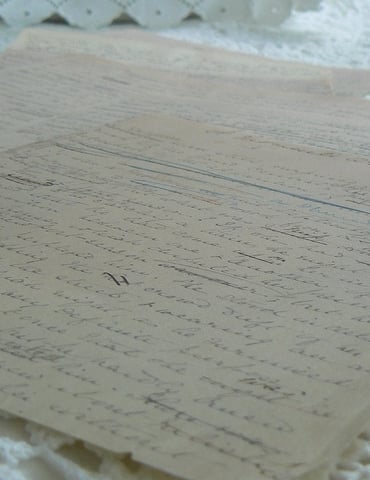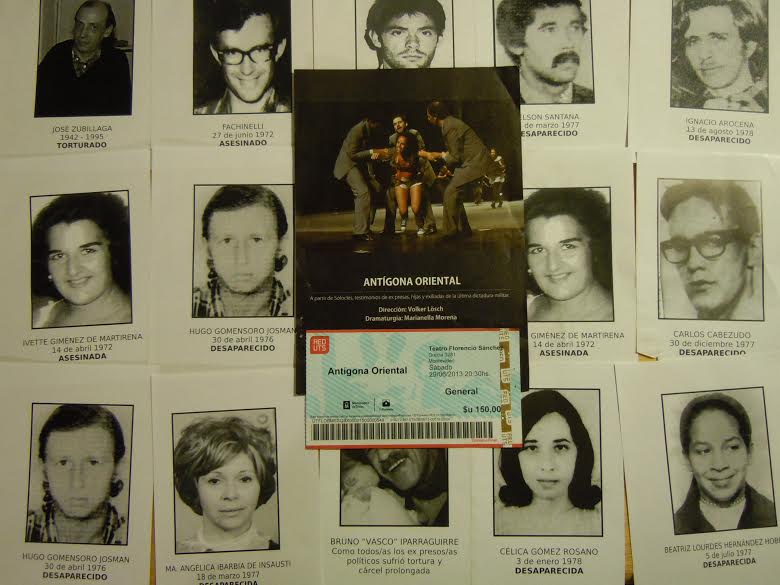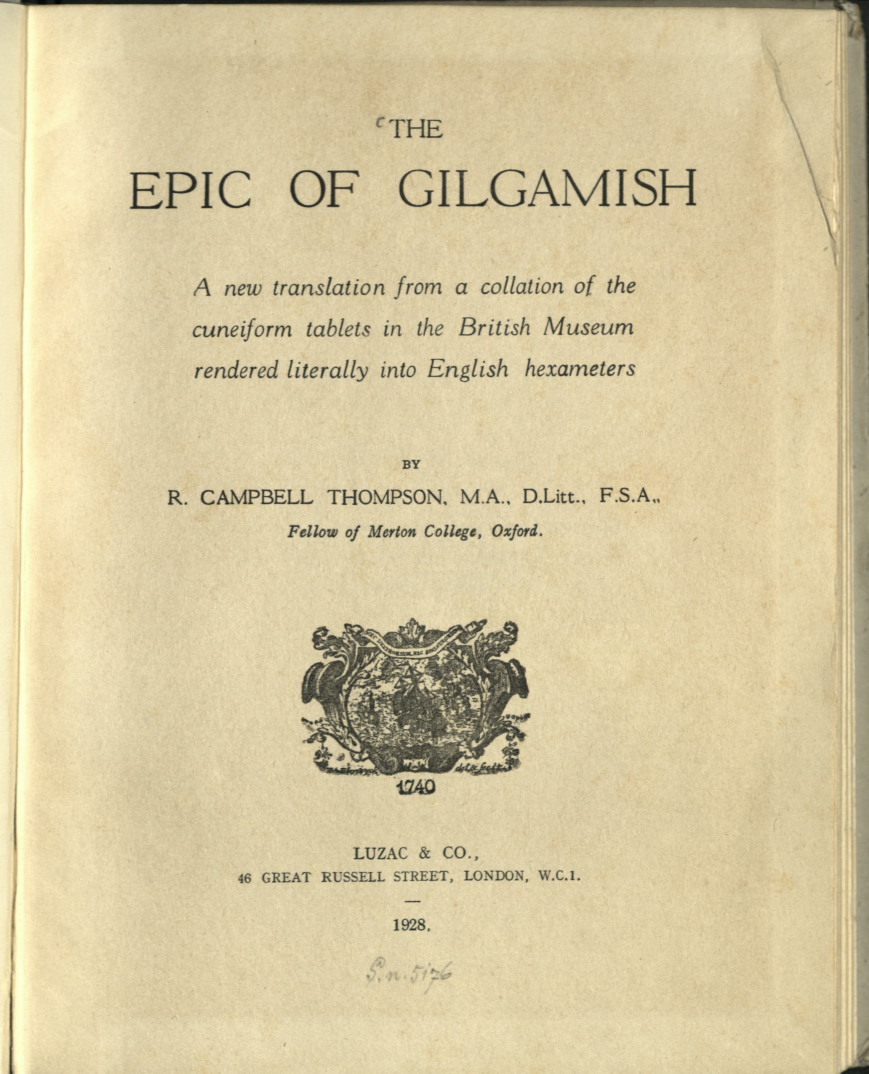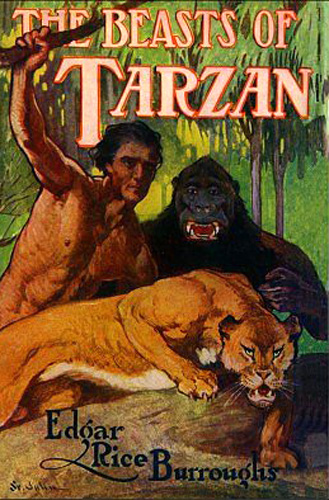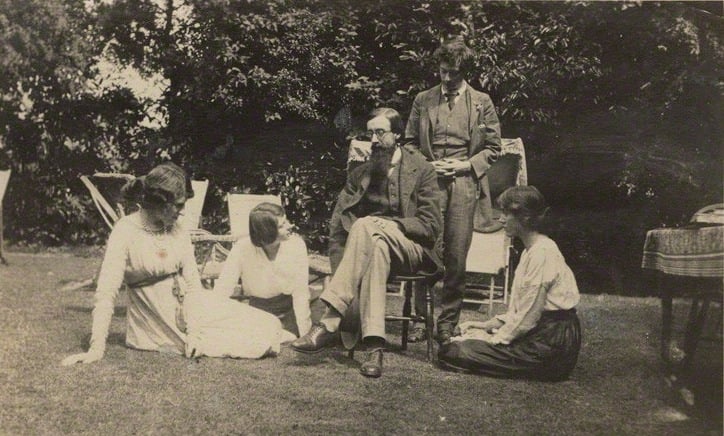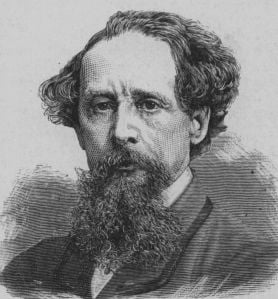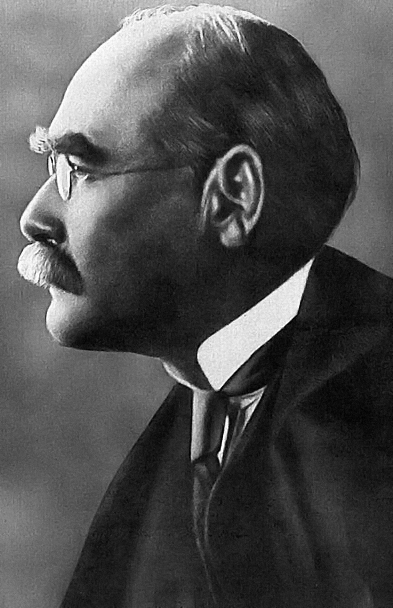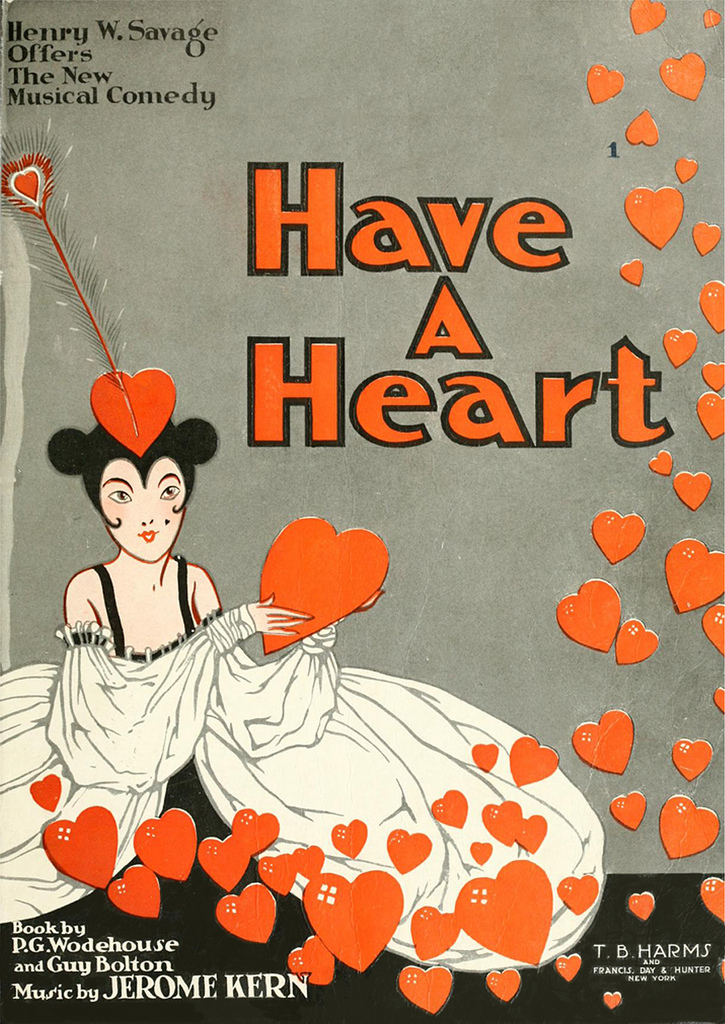Handwritten documents belong to a special part of a branch of print-collecting called ephemera. The Ephemera Society of the United Kingdom defines such artifacts as "the minor transient documents of everyday life." Ephemera encompass everything from leaflets to tickets to trading cards. There is a particular challenge in the preservation of ephemera, as ephemera are not made to last beyond their brief application. This often means that the materials used are less durable than those of a typical book. Thus, there is a gleeful rebellion in the act of preserving ephemera. While the documents were intended to be discarded, as the collector, it's your duty to ensure it lasts through the ages.
us toll free: 1-800-948-5563 international: +1 (843) 849-0283 UK: +44 (0) 1334 260018




